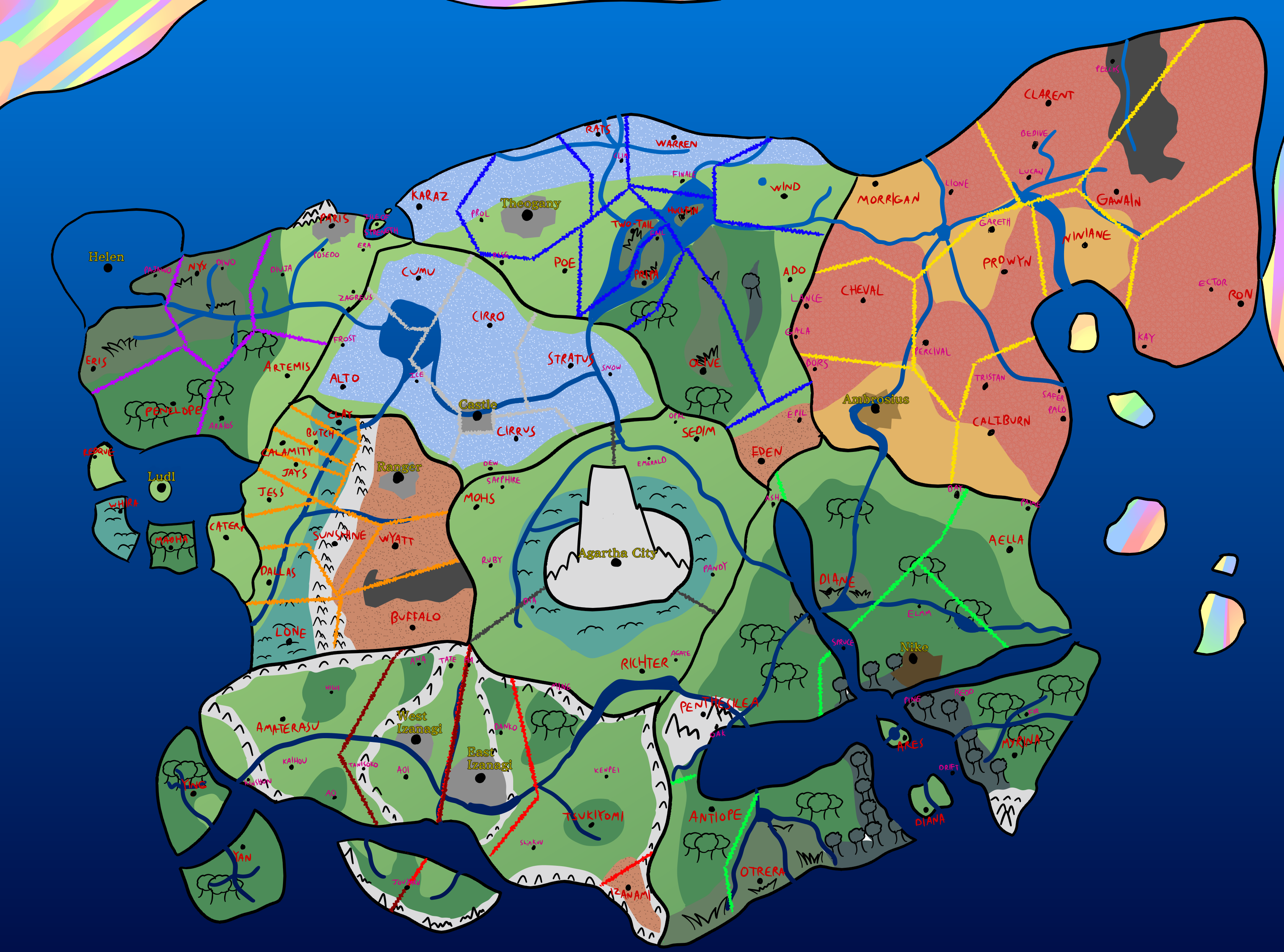The Council of Mercenary Observance
During the Calamitous Border Wars, all former Mercenary Guilds were run into the ground, as lack of loyalty to ones home country was seen as sacrilege. After the Wars, there were too many problems and wild warriors in need of work for Guards to handle, so the Countries came together to form The Council of Mercenary Observance.
With this, Mercenary Guilds were less rag-tag groups of Adventurers, but professional Adventuring Organizations, with safety procedures and insurances, with country-based funding dependent on their success. To garner public favor, they marketed the guilds with snappy titles and logos, and even organized a sporting event for Mercenary Guilds, that put them into the eyes of public fame.
The Council itself is a mystery, as it's members are hidden to prevent any attacks of ill favor or attempts to perhaps bribe to cover illicit guild affairs.
Currently, there are 51 Approved Guilds across all of Edda, although several smaller, unofficial guilds exist.
Structure
There are 10 Council Members, one from each Country of Edda, and they control things such as approved Guilds, their Funding, their Eligibility for things such as The Guild Games, as well as updating National Databases, and any boons granted to them.
For the Guilds themselves, there needs to be at least one Guildleader, but up to Three can be named, who takes charge for the entire Guild. Then, there's the Away Teams, Guildmembers who are permitted to work outside of their designated country and area. A maximum of 10 Per Guild can be appointed. Then, there's the typical Members, who take jobs based within the territory or country they're situated in.
There are also unofficial Allies and Sponsors that the Guild could garner, which offer their own boons.
Public Agenda
- To facilitate the use of Mercenary Guilds to solve problems too large for City Guards.
- To protect Edda's People.
- To Ensure the safety of all Guild Members.
Founding Date
979 AC
Type
Civil Services
Alternative Names
The CMO, The Council
Subsidiary Organizations



Comments